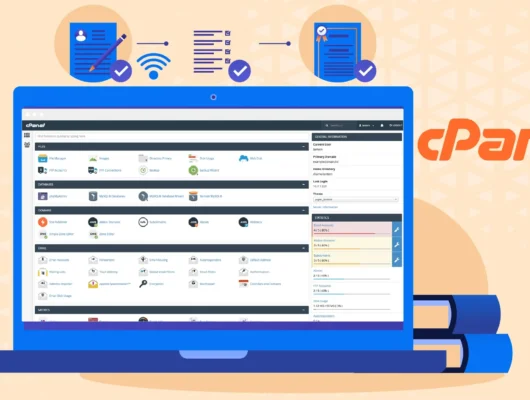E-commerce security is essential for protecting your online store from threats. By improving e-commerce security, you can safeguard customer data, prevent fraud, and ensure safe shopping experiences. In this article, we’ll highlight the key features you need to enhance e-commerce security and keep your store secure.
Secure Socket Layer (SSL) Encryption
Implementing SSL encryption is the first line of defense against data breaches.
SSL ensures that data transmitted between the user’s browser and the e-commerce server is encrypted, making it significantly harder for hackers to intercept and misuse sensitive information such as credit card details.
Two-Factor Authentication (2FA)
Two-Factor Authentication adds an extra layer of security by requiring users to provide two forms of identification before gaining access to their accounts.
This can involve receiving a code on their mobile device or using biometric authentication methods like fingerprints or facial recognition.
By implementing 2FA, e-commerce platforms can prevent unauthorized access even if login credentials are compromised.
Payment Card Industry Data Security Standard (PCI DSS) Compliance
Compliance with PCI DSS is crucial for any e-commerce business that handles credit card transactions.
This standard outlines a set of security requirements to protect cardholder data, ensuring that it is processed, stored, and transmitted securely.
Adhering to PCI DSS not only safeguards customer information but also helps businesses avoid costly penalties and reputational damage.
Regular Security Audits and Monitoring
Continuous monitoring and periodic security audits are essential to identify vulnerabilities and address them promptly.
Implementing intrusion detection systems, log monitoring, and regular penetration testing can help e-commerce businesses stay one step ahead of potential threats and ensure a proactive approach to security.
Data Encryption at Rest
In addition to encrypting data during transmission, it’s crucial to encrypt stored data to protect it from unauthorized access.
Encrypting sensitive information at rest, such as customer profiles and purchase history, adds an extra layer of security, especially in the event of a server breach or data theft.
User Account Security
Enhance user account security by implementing features such as account lockout after a certain number of failed login attempts, password strength requirements, and periodic password resets.
Educating users about best practices for creating strong passwords and being vigilant against phishing attempts is equally important.
Regular Software Updates and Patch Management
Outdated software can be a breeding ground for security vulnerabilities. E-commerce platforms must prioritize regular updates and patch management to address known security flaws promptly.
This includes updating the operating system, web server software, and any third-party applications used in the e-commerce ecosystem.
Read more about Free website hosting…
Conclusion
As e-commerce continues to thrive, so do cyber threats. Investing in robust security features is not only a necessity but a fundamental responsibility for online businesses.
By incorporating SSL encryption, 2FA, PCI DSS compliance, regular audits, data encryption, user account security measures, and proactive software updates, e-commerce platforms can create a fortified defense against potential security breaches, ensuring a safe and secure online shopping experience for customers.






